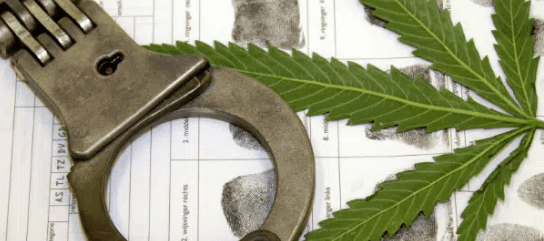Ending Marijuana Arrests and Punishments
Biden pardons federal simple marijuana possession convictions, calls on states to do the same

President Joe Biden announced that he will pardon everyone who has been convicted of simple possession of marijuana under federal law, the White House announced Thursday.
“There are thousands of people who have prior federal convictions for marijuana possession, who may be denied employment, housing, or educational opportunities as a result. My action will help relieve the collateral consequences arising from these convictions,” Biden said in a statement.
The White House is urging governors to take similar action. Administration officials told reporters the move could benefit about 6,500 people, though they noted there are far more people who have been convicted under state laws.
Only recently have the federal and state governments created policy moving toward marijuana legalization, as every independent commission appointed to evaluate the dangers of marijuana use as a threat to public safety has found those claims to be unsubstantiated. Tobacco use has worse health consequences than marijuana use and is more addictive. Alcohol results in140,000 deaths a year, yet neither of these drugs are prohibited by law.
Increasing legalization at the state level has resulted in significant reductions of marijuana arrests in several states. However, while marijuana arrests have dropped nationally in recent years, there were still over 350,000 arrests for marijuana-related violations in the US in 2020, amounting to one arrest every 90 seconds, and the vast majority of those were for simple possession.
In a 2016 report, “Every 25 Seconds: The Human Toll of Criminalizing Drug Use in the United States,” the Human Rights Watch and the American Civil Liberties Union documented how someone in the US was arrested for drug possession for personal use every 25 seconds, and that despite using drugs at similar rates as white people, Black adults were more than two-and-a-half times more likely to be arrested for possession.
Ending marijuana arrests and convictions at the state level can help significantly in reducing mass incarceration in general and help remedy the disproportionate racial disparities in drug offense arrests and sentencing.
You can read the 2020 ACLU report "A Tale of Two Countries; Racially Targeted Arrests in the Era of Marijuana Reform."










